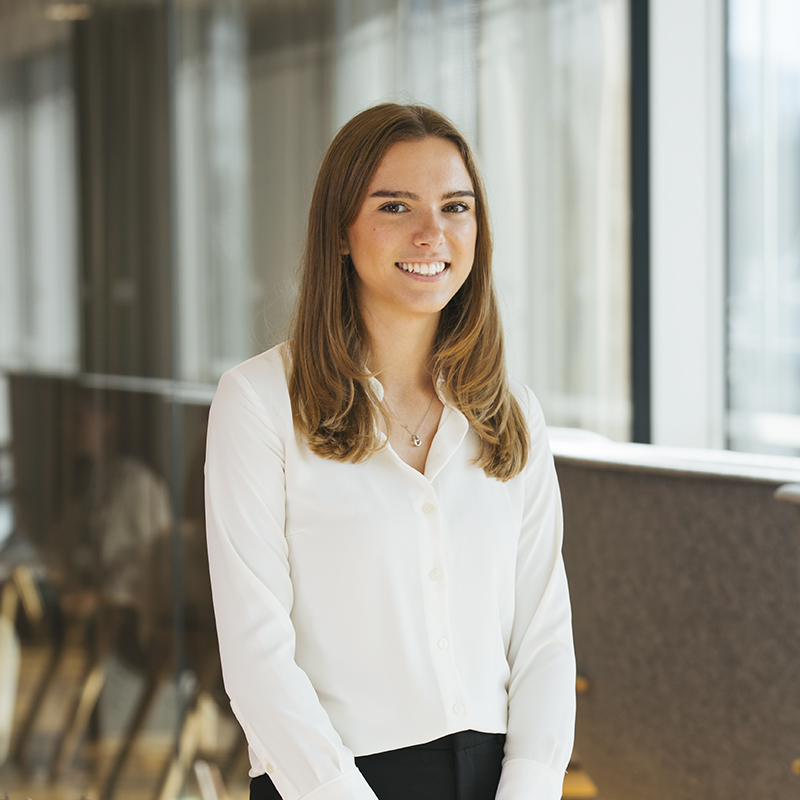What attracted you to the MRes in Biomedical Research (Bacterial Pathogenesis and Infection?
I wanted to experience a laboratory environment and improve my research skills, so that I could be confident that I wanted to pursue a PhD and would be skilled and knowledgeable enough to do so.
What specific aspects of the teaching or course format did you enjoy the most?
 I really enjoyed the extended length of time you spent in the laboratory, 12 months in a research environment is invaluable experience and it gives you enough time to really make the research projects your own. I also really appreciated the high quality of supervisors you could work with on the course.
I really enjoyed the extended length of time you spent in the laboratory, 12 months in a research environment is invaluable experience and it gives you enough time to really make the research projects your own. I also really appreciated the high quality of supervisors you could work with on the course.
How do you think the course will impact your future career?
The course improved my confidence and ability in the laboratory but also in the professional environment. My analytical and writing skills also improved significantly, and this is something I use every day in my career now. The course also set me up perfectly to pursue and attain my doctorate, which of course is also greatly valuable both professionally and personally.
Why did you choose Imperial College London?
Imperial has one of the leading microbiology research centres in the world, enabling you to work with such some of the most notable academics in their field.
What did you most appreciate about your time at Imperial?
I really appreciated the support and guidance of the research supervisors and the long-lasting friendships I formed with members of the research groups.
What are you doing now? And how has the course helped with your career?
After achieving a distinction in my MRes I went on to do a PhD in microbiology at Newcastle University. My PhD followed similar research themes to those that I studied in my two MRes research projects. I attained my PhD with no corrections and am now in training to become a life sciences patent attorney at Kilburn & Strode LLP.
Find out more about the MRes in Biomedical Research (Bacterial Pathogenesis and Infection) and apply